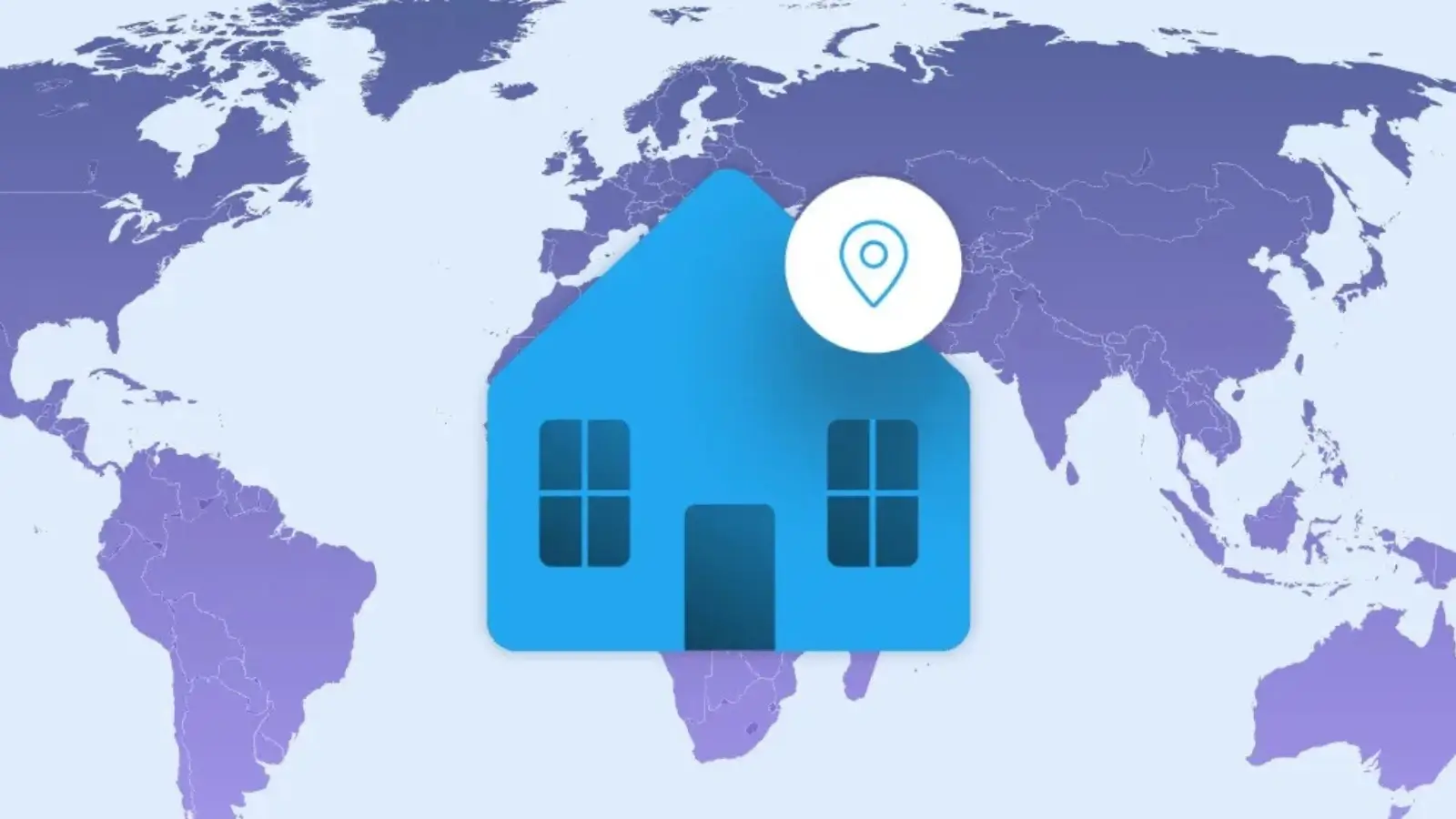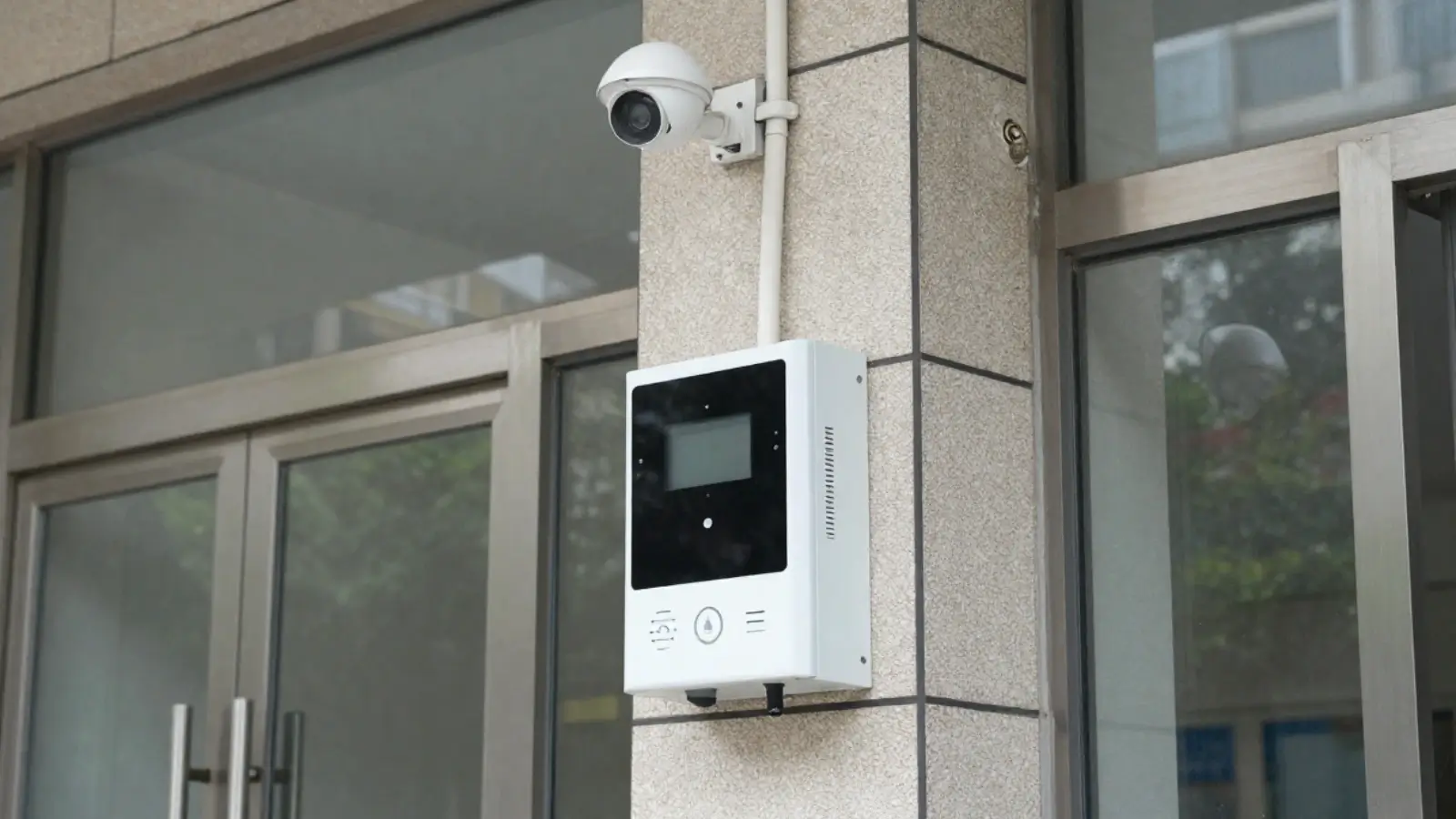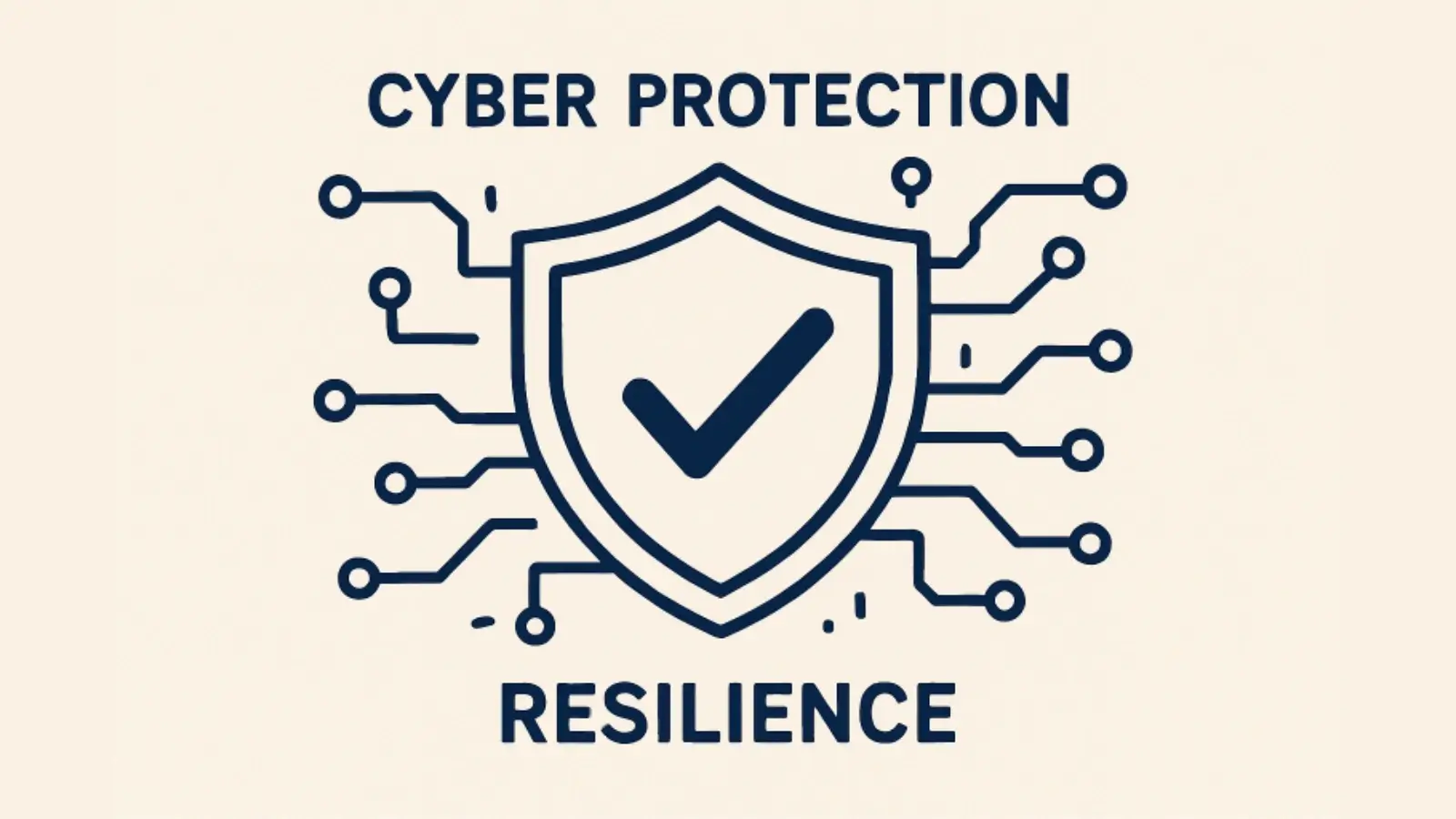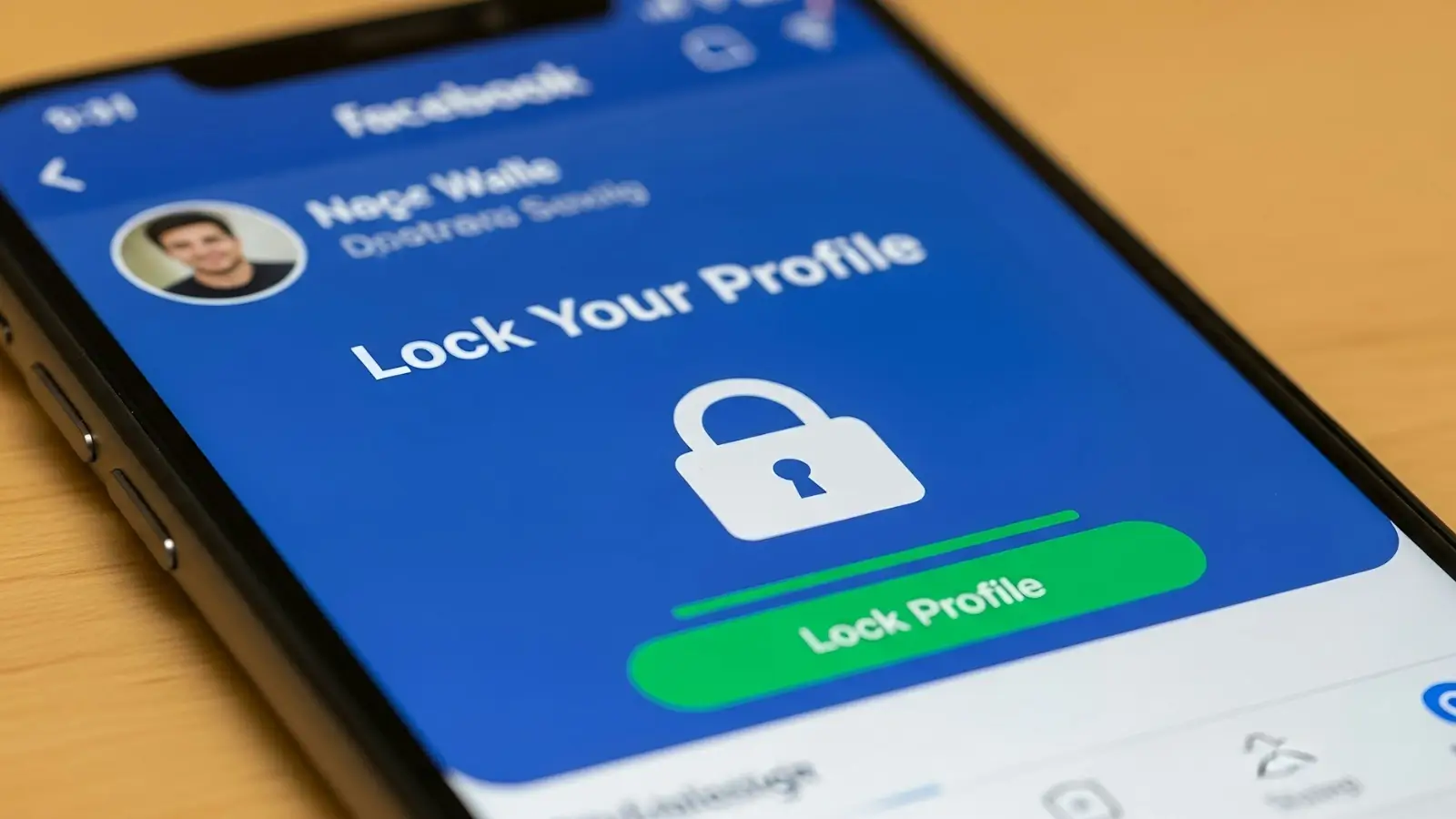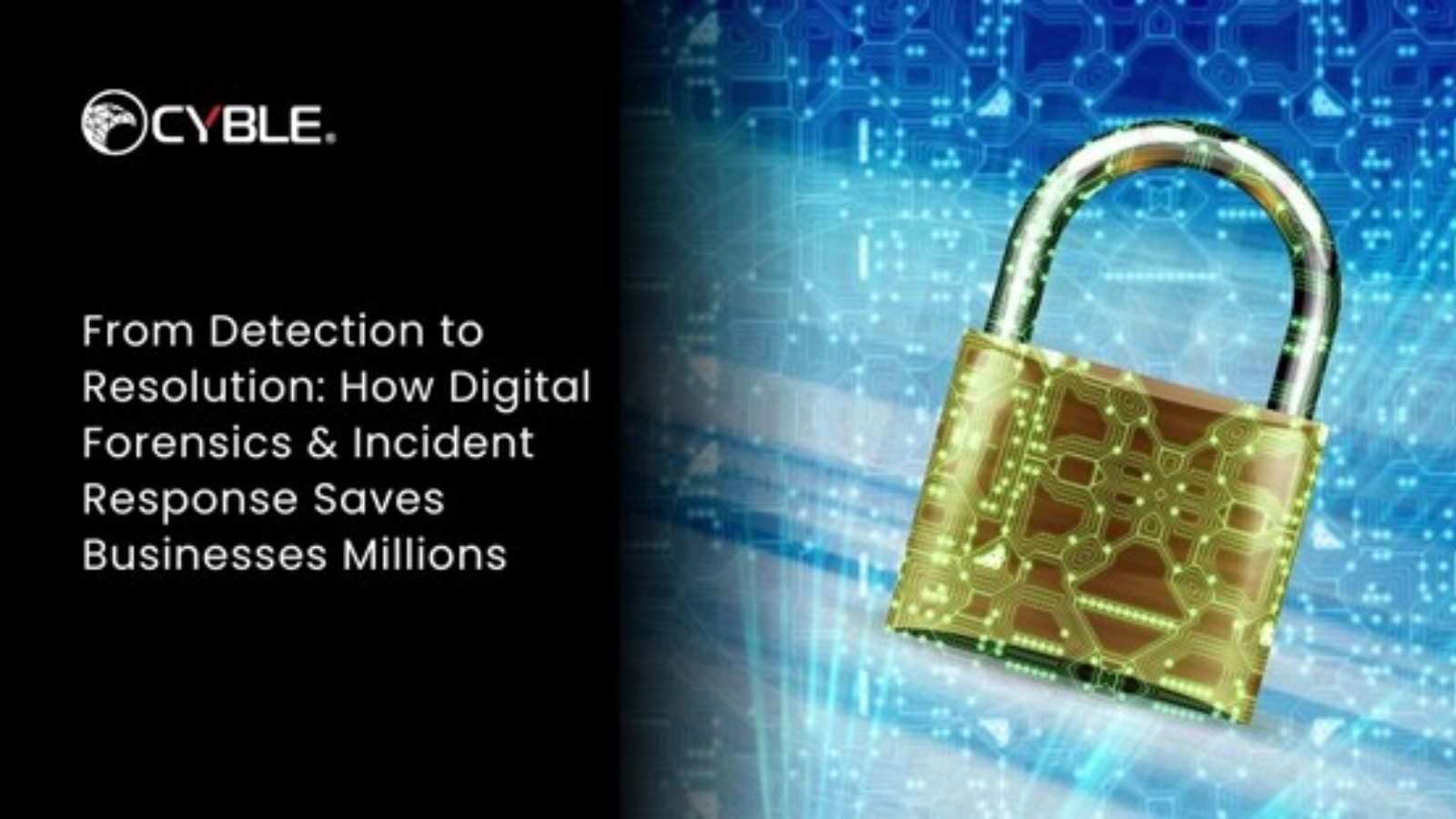Chances are, you have been looking for ways to remain private when searching the internet, or even access content that is locked to specific regions, or even web scraping for data without being caught, and you have come across the term “residential proxy server”. Even though it seems like it is something of a technical nature, the service is still easy to use and highly efficient for those who need it, whether they are individuals or businesses.
What Is a Residential Proxy Server?
A residential proxy server is a proxy that uses an IP address allocated to an actual device by an internet service provider, such as a home computer or mobile device. With a residential proxy, websites recognize you as a regular user visiting from a residential location and not a proxy or a data center. This makes your online activity appear more natural and credible, which is useful when attempting to evade detection or censorship on the internet.
As opposed to datacenter proxies, which tend to get flagged or banned for bot-like behavior, residential proxies come across as far more real. This minor distinction between types of IP alone makes residential proxies extremely useful for activities that demand discretion, precision, or skirting censorship.
How Do Residential Proxies Work?
Residential proxies operate through the channel of your internet traffic to a residential IP address. At the time of accessing a particular website or carrying out your online procedures, your request is sent to the proxy server first. Then, the proxy server finds a different IP address with which it can pass your request to the intended site via a second channel, an IP address that belongs to an actual computer found on a home network. The website will then send back the required information to you to complete the process.
On the surface, this is the perfect way to make sure that while you are on the internet, you do not reveal your IP address and remain anonymous. The site views you as just a regular user going through their content. It is this level of camouflage that makes residential proxies so good at tasks like browsing anonymously, scraping data, or verifying the content of a specific location.
Why People Use Residential Proxies
There are many reasons why people use residential proxies in the modern-day internet world. One of the most common is to collect data from websites without getting blocked or misdirected. This is commonly referred to as web scraping, and it is used extensively for such activities as price tracking, competitor monitoring, or aggregating public opinion.
Others use residential proxies to handle multiple accounts online, especially on websites that mark suspicious activity by IP patterns. They are also used for accessing services or content that are potentially banned within some nations, like streaming services or online shopping sites.
In the marketing sector, advertisers use residential proxies to make sure their ads show up properly in various areas. On the other hand, regular users can use them for basic, everyday purposes such as keeping themselves anonymous while surfing the web or evading IP-based restrictions while overseas.
Benefits of Using Residential Proxies
The benefits of residential proxies are evident. Because the IP addresses are from actual residential users, they are less likely to be detected or banned by websites. This gives smoother and unbroken access even while doing automated tasks or accessing sites that intensely track traffic.
Another significant advantage is access to geo-blocked content. Since residential proxies can traffic through certain countries or regions, users can make it seem like they are browsing from virtually any location in the world. This is helpful for those abroad or those doing market research in other territories.
Most of these proxy services for residential IPs also support IP rotation, where your connection is rotated between different IP addresses from time to time. This is especially handy when scraping web pages or sending repeated requests, as it reduces the likelihood of getting blocked or throttled.
Security and anonymity are also improved. Since your real IP is hidden behind a residential IP, you are less exposed to tracking, profiling, or unwanted attention. This makes residential proxies a valuable tool for anyone who values online privacy or works with sensitive data.
How to Choose a Reliable Residential Proxy Provider
Selecting the proper residential proxy provider matters if you want reliable performance and real anonymity. A good provider must provide a large, varied pool of IPs and guarantee those IPs are ethically obtained from genuine users. The vendor must also provide speed, reliability, and simplicity of integration for smooth use.
Customer support, openness, and well-documented processes can go a long way in setting up or resolving issues. The rates should also be reasonable and according to the quality of service. If you need something you can count on, Travchis Proxies offers consistent residential proxy services that suit both individuals and companies. Their system has a good balance of speed, security, and convenience, which is an excellent option for anyone serious about performance and anonymity.
Final Thoughts
At first, the term "residential proxies" might be a little too technical for you, but they are a very practical solution for everyday online challenges in reality. If you intend to browse the internet privately, unlock international content or facts, scrape data, or do anything else that utmost privacy requires, residential proxies are still the most consistent way to reach these objectives successfully.
The more complex and regulated the internet is getting, having such powerful tools as residential proxies at hand can be a big help. These tools not only come with a normal user appearance and secure, anonymous access, but also give you the space to move through, using web browsing with more flexibility and authority.

